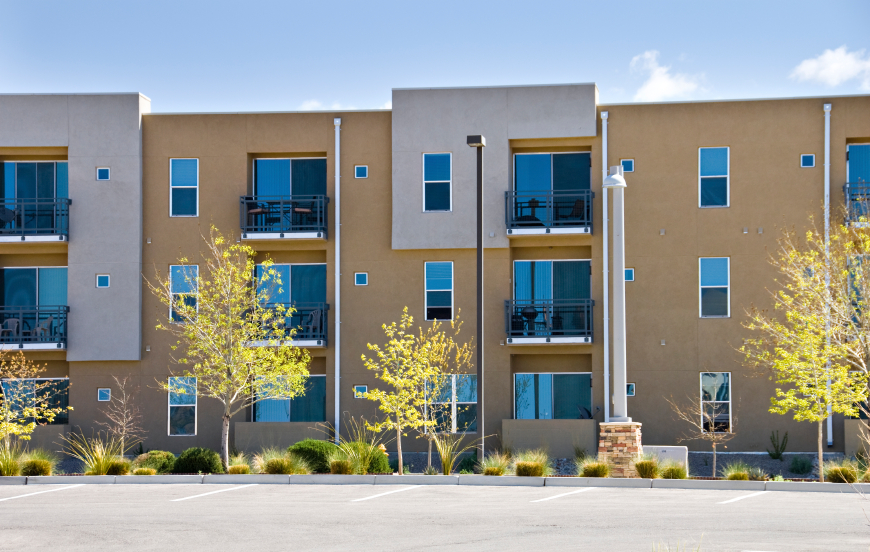How to Finance Investment Properties
 Investing in real estate isn’t just for moguls and CEOs—real estate investors can be, and often are, everyday people who have worked hard to save up some cash and are looking for a safe place to invest their savings. The trick for smaller investors is to secure the right kind of financing to make these investments make money as well as how to invest 100k if they were to make it that far.
Investing in real estate isn’t just for moguls and CEOs—real estate investors can be, and often are, everyday people who have worked hard to save up some cash and are looking for a safe place to invest their savings. The trick for smaller investors is to secure the right kind of financing to make these investments make money as well as how to invest 100k if they were to make it that far.
What are investment properties?
Investment properties, also known as non-owner-occupied properties, are purchased to generate profit through capital gains or rental income. While there is always some risk involved, with proper research, good timing, and luck, investing in real estate can lead to financial success.
Financing hurdles
While some investors can borrow the money they need from a friend or family members, most financing usually comes in the form of a loan obtained through a lender. To qualify for an investment loan, you will need good credit, a solid investment plan, and perhaps collateral.
Even if you’ve purchased your own home and are familiar with the mortgage process, you may be surprised to find additional restrictions related to investment properties. Lenders don’t approve 100% financing on investment properties, so be prepared to fork over a sizable down payment.
Most investment loans begin at 20% for a one-unit investment property. If you buy a one- to four-unit investment property, down payments typically begin at 25%. Additionally, rates for investment properties begin higher than those for owner-occupied properties.
Leveraging property
Investment properties are considered higher risk to lenders than owner-occupied properties, so it is in the lender’s best interests to get you to put down as much as possible—it wants you to put more skin in the game.
Using a secured loan can get you better rates, or maybe even just qualify you, for an investment loan. Typical secured loans for investment properties usually have the buyer putting up some property such as land, a boat, or even a house as a lien for the loan.
Financing restrictions
As you continue investing in properties, you will likely encounter some additional restrictions.
One lender might not want, or be able, to finance every property you intend to buy, so you may have to shop around and use multiple lenders.
There are also restrictions based on the type of property you are investing in. For example, lenders will not finance a property in a condominium complex or a new development until 51% of the units are owner-occupied and the complex is approved by a condominium association. Others may not be willing to finance a construction loan that is going to be converted into a loan for an investment property. Different lenders have varying terms, so shop around to find a lender that is right for you.
Donofrio Craig (2015 February) How to Finance Investment Properties. Retrieved on March 1, 2015 from Realtor.com



